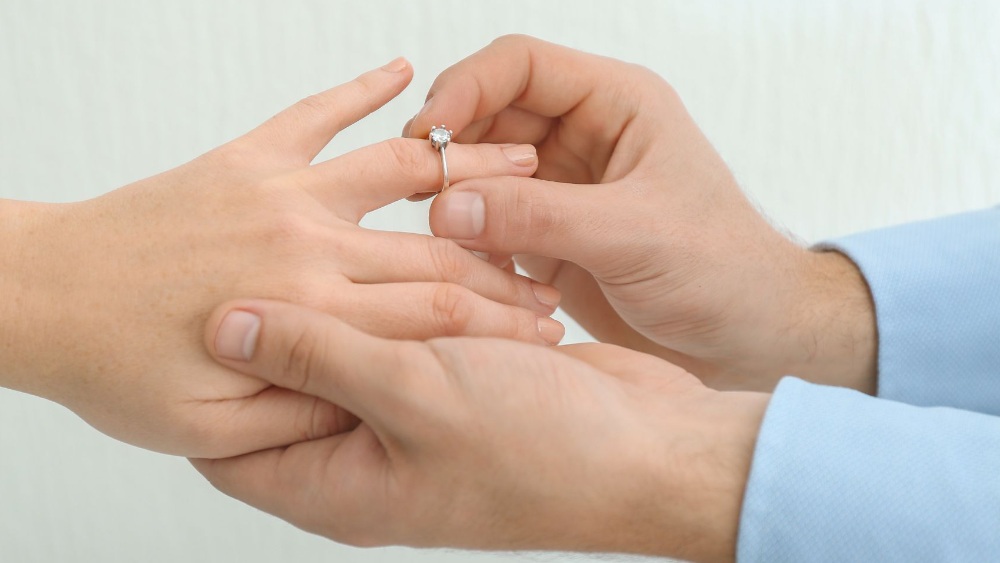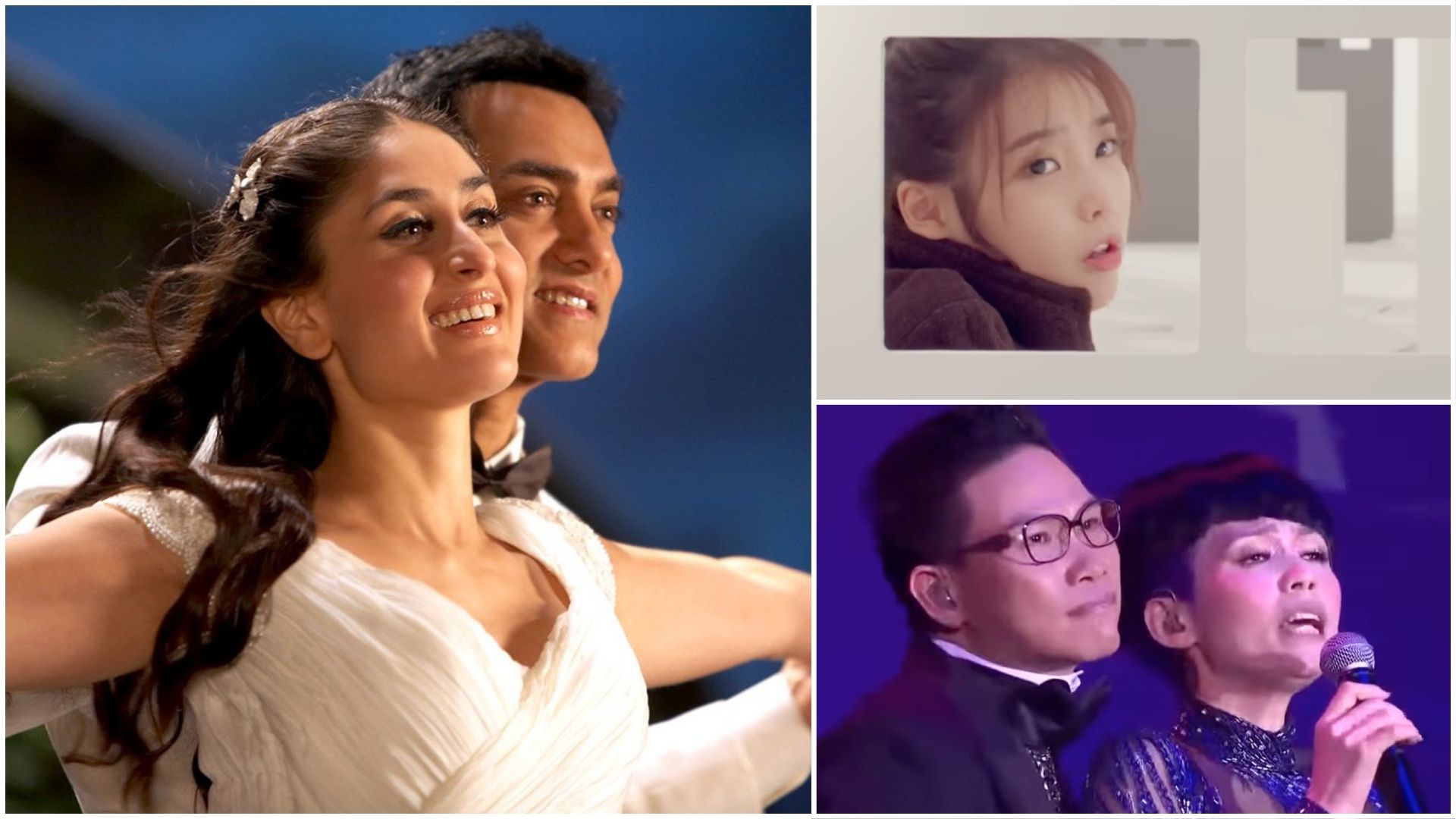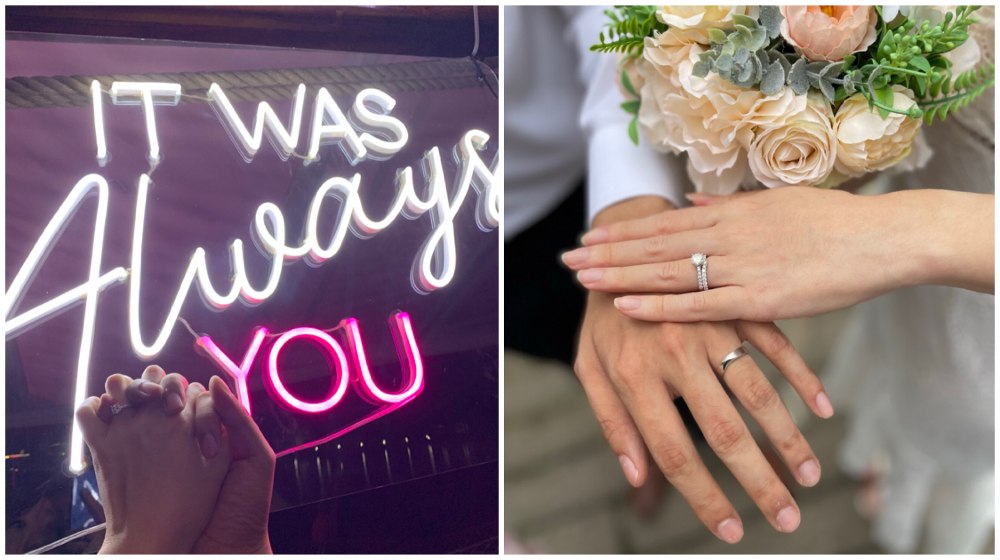Why I Said “I Do” At 26 - Even Before Most Of My Friends Thought About It
When I signed our marriage certificate at 26, I didn’t think I was doing anything radical. After all, I was viewing almost-weekly Instagram stories of my Junior College schoolmates tying the knot, so it seemed like plenty of my peers were getting hitched. But according to the latest figures from the Ministry of Social and Family Development’s Family Trends Report 2025, the median age for first-time grooms in Singapore in 2024 was 31.1; I was five years below that. And for brides it’s 29.6; my wife was 24 when we were solemnised.
For us, it’s been six months since we locked it in (aka joined in holy matrimony). Looking back, it wasn’t a teenage impulse or a fairytale moment. It was a decision born out of long-term commitment, practical SG realities like BTO eligibility (gotta maximise those gahmen grants), and, perhaps unexpectedly, my in-laws.
My now-wife and I had been together for close to five years before we tied the knot. We'd already weathered university life, job hunting, and the awkward early-20s phase of trying to figure ourselves out. But when it came to living together or planning a trip for just the two of us, we hit a wall. Her parents—loving, kind, but firmly traditional—had strong reservations about cohabitation before marriage. And so, between wanting a life together and respecting her family’s values, we made a choice: we got married.
It wasn’t some grand proposal with hundreds of rose petals and a drone show over Marina Bay (ok but it was still a super fancy omakase in Japan). Just two people who decided they were ready, even if it was earlier than what is typical.
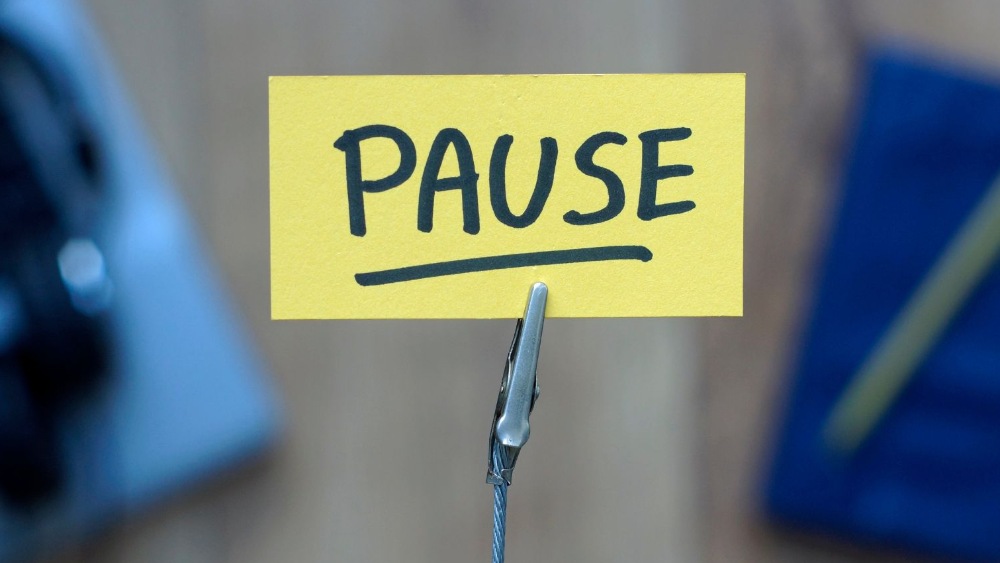 IMAGE: CANVA
IMAGE: CANVA
“Finally!”—But Also, “Wah, so fast ah?”
While our closest friends were unsurprised, with their cheeky “finally lah” and “I already guessed” reactions (after all, we had been dating for close to five years), the occasional “wah, so fast ah?” or “what’s the rush?” comments from colleagues and acquaintances reminded us that our timeline was not exactly the norm.
To be honest, the external chatter didn’t cause us to second guess our decision; if anything, we were even more sure of it because it made us realise “actually, ya hor, what are we even waiting for?"
Plus, I wouldn’t say less enthu comments were “bad”. The people who implied we should give it more thought or pause first didn’t come across as unsupportive, it was more like checking if we had “double, triple confirmed” this momentous decision. Checking if we had the financial means to afford the coming big purchases (wedding, honeymoon, house, renovation), the maturity to weather the good and bad as a married couple when we were barely in our mid-20s, whether our careers were stable enough, and all the usual conservative Asian brakes installed on any big decision.
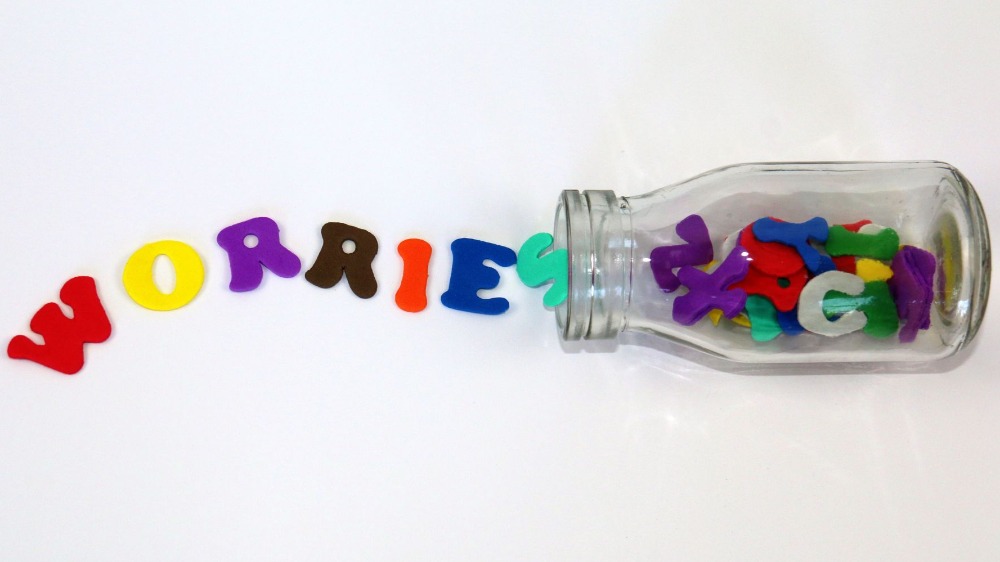 IMAGE: CANVA
IMAGE: CANVA
On the contrary, while the external chatter didn’t really faze us, our moments of doubt did give us pause. As two young working adults, we were not exactly rolling in disposable income. Our wedding reception at the end of this year will be intimate and modest (no swanky hotel ballroom), our BTO flat will not be ready until 2028, and our careers are still in their early stages. And my biggest worry: Would I be a “good enough” husband?
Still, none of those worries outweighed the clarity I had about one thing: I wanted to do life, and everything that comes with it, with her.
The marriage made the man
I grew up an only child. That meant that before marriage, I was still living at home, eating my grandma’s cooking, not being the one in charge of buying groceries, and relying on my parents to settle all my insurance needs. Post-marriage, I had to research insurance needs for my wife and myself (thankfully we have a super solid financial advisor), learn when the best supermarket deals are (👀 discounted “must use by same day” proteins), and settle all the admin stuff.
 IMAGE: CANVA
IMAGE: CANVA
And while I’m still me, I’m also someone else now: a teammate, a planner, a provider (and occasional dishwasher). Essentially, a better version of myself that was, and still is, shaped by partnership, not perfection.
I don’t mean this in a cliché “marriage forces you to grow up” way. Rather, it gave me a reason to.
When you’re dating, you can still float around each other’s lives. One night, maybe a month after we got married, I came home from work and found my wife sitting on the couch, unusually quiet (she’s usually a yapper-cino). She had had a long day—something about a tough client, back-to-back meetings, and barely time to eat lunch. I was tired too, but instead of letting her marinate (wallow) in her funk and retreating to my usual decompression routine (doomscrolling TikTok, or mindlessly Youtubing), I sat next to her, pulled her feet onto my lap, and asked, “Want to talk or nah?” She said, “not really,” so I understood that she just wanted to be allowed to unwind and babied. I ordered our favourite dessert, put on a favourite Mr Bean episode (she loves Mr Bean), put away the laundry, and just accompanied her till she felt more recharged.
It sounds like such a small thing. But it was the first time I realised: this is what building a shared life looks like. It is not about dramatic gestures or constant romance. It is about showing up, not just when it’s convenient, but when it matters. It is about adjusting your rhythm so that it matches someone else’s, even if only for a night. That moment shifted something in me. I stopped thinking in terms of “my time” or “my space.” I started thinking in “ours”, and how I should always create a safe space for her where she can just drop everything and relax.
Six months in
Now, half a year later, while my friends swipe on dating apps and contemplate whether to DTR (“define the relationship”), I spend my evenings making dinner with my wife, going on long walks, or debating whether to watch the last season of Squid Game or rewatch Modern Family for the fifth time. It’s quieter, yes, but it’s also fuller.
Do I think everyone should marry early? No. Honestly, I never even thought I would. In my teens and early 20s, I imagined myself following the Singapore script: build your career, settle down closer to your 30s, do the usual dance. But love doesn’t always follow timelines. And in our case, the circumstances, the history, the values, they all made sense.
 IMAGE: CANVA
IMAGE: CANVA
I don’t romanticise early marriage. It’s hard work, and it asks things of you that you might not feel ready for.
You learn that love is not just a feeling, but something you nurture every day. It asks for patience when you’re both tired and irritable. For generosity when one of you is having a tougher week. For maturity when making decisions that shape your future as a unit. And sometimes, it asks for faith, that even if you do not have it all figured out, you will figure it out together.
It may be tough at times, but I also don’t regret it. Not for a second.
Because when you find someone you want to come home to, build a life with, and grow alongside—not just despite your age, but because of where you are in life—you find that marriage isn’t about settling down. It’s about growing up, together.
For the latest updates on Wonderwall.sg, be sure to follow us on TikTok, Telegram, Instagram, and Facebook. If you have a story idea for us, email us at [email protected].







